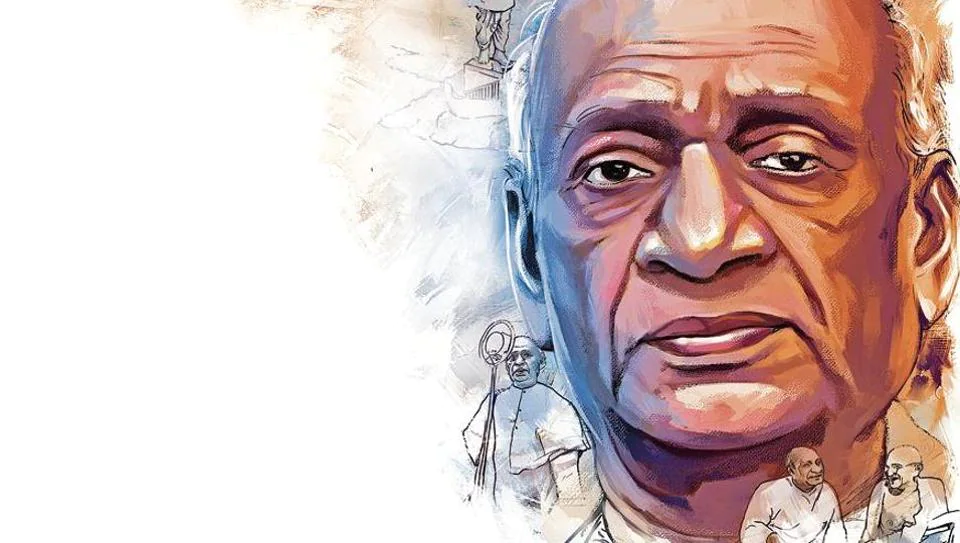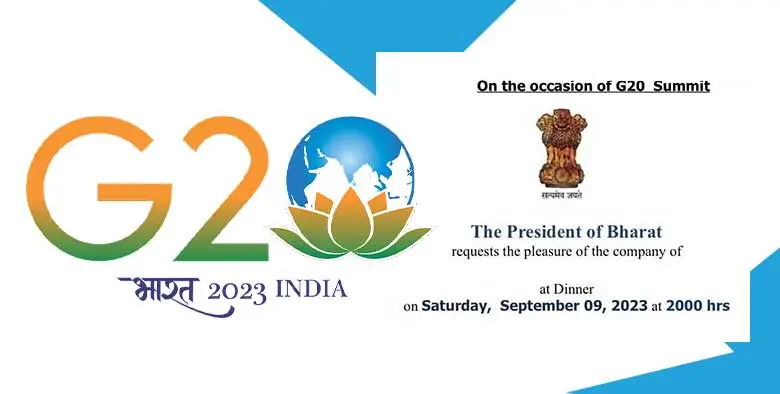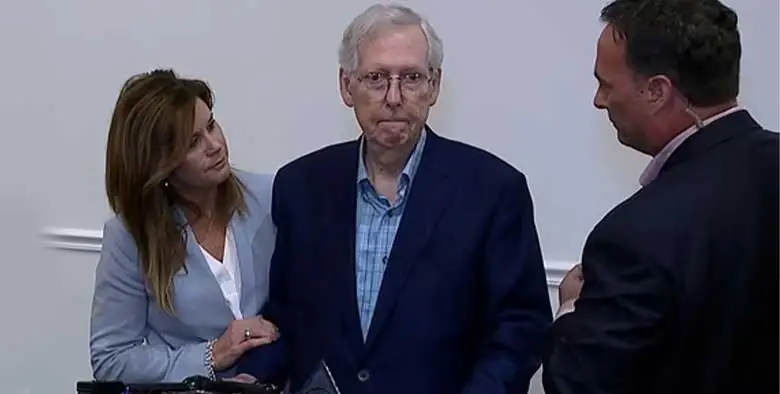Sardar Vallabhbhai Patel May Be a True Nationalist But Was He a Secular Leader?
Sardar Vallabhbhai Patel a name that everyone calls with respect as he was the one who united the whole sub-continent of India by including small princely provinces as part of a unified country. His endeavour is not limited to the unification of India only, as he was one of the active congressmen who led India's freedom movement in various regions. Other than these, Sardar Patel was also the disciple of Mahatma Gandhi. Well, every person has a good as well as a dark side, so with Patel. There are many instances where his actions and words contradicted what he claimed to be.
It is true that if we continue counting Sardar Patel's endeavour, we will end up writing volumes on it, but only a few of us have any idea about his dark history.
The whole world is indeed deluged with the accomplishments of Patel, and there is barely any content that criticizes his character as a whole.
A Question Over Sardar Vallabhbhai Patel's Secular Identity
Although we have often heard that Patel was a staunch secularist by nature, his speeches on the aftermath of India's partition tell different stories.
As reported by NDTV, in January 1948, Sardar Patel remonstrated a gathering of Indian Muslims in Lucknow and said: “I want to tell you frankly that mere declarations of loyalty to the Indian Union will not help you in this critical juncture. I ask you why you do not unequivocally denounce Pakistan for attacking Indian territory with the connivance of Frontier tribesmen. Those who want to go to Pakistan can go there and live in peace,”
Patel's statements clearly defines that he was suspicious about the loyalty of Indian Muslims who opted to reside in India rather than migrate to Pakistan. Pakistan was founded on the principle of communal awards but the silence of Indian Muslims on India’s partition was a topic for serious debate. There is no doubt that every common man was angry with the partition of the country but those words were unexpected from a senior and “secular” politician like Sardar Patel.
Another act of Patel that contradicted his secular stand was the unbanning of RSS (Rashtriya Swayamsevak Sangh) after the assassination of Mahatama Gandhi. It is well described in history books that Nathuram Godse was influenced by the ideals of Hindutva-promoting groups and RSS. Besides him, many other leaders of the mentioned organizations were against Gandhi's ideals but no one ever dared to act like Godse.
Also read: Had it been Gandhi, India Would’ve Got Her Freedom in 1980s?
At that time, the communal extremism of the right-wing groups was also growing. Thus, the government wasted no time in banning RSS, claiming it to be a terror outfit. However, one and a half years later, Patel himself lifted the ban on RSS in exchange for certain assurances.
Although the permission came with certain assurances, the sole question remained the same, i.e., Was Patel not aware that RSS was a radical outfit during that time? One of the assurances involved the promise of RSS to not engage in any political activities, which the organization broke by forming Jana Sangha a few years later. The decision to ban the outfit momentarily and later to lift the ban shows Patel's biasness towards Hindutva ideologues.
Did Patel Favoured A Divided India?
In the above section, we discussed that Patel remonstrated a group of Indian Muslims in Lucknow for their communal ideology. Similarly, a few days back in January of the same year, he addressed a public gathering in Kolkata, where he shared that he was not ready for the re-merger of Pakistan with India. In his address, as covered by NDTV, Patel said: “The Muslims who are still in India, many of them helped in the creation of Pakistan. Fine, if they did, but then how come in one night, their hearts changed? I do not understand that. They say why their loyalty is being questioned. That is not something for us to answer. We just say that, alright you created Pakistan, good for you, we will not interfere. If things go bad, then do not call us. Then they say Pakistan and India should become one, I plead them not to say that. That will be a loss for us, let them stay there. Let them create Pakistan!”
The statements clearly indicate that Sardar Patel was in no way ready for the reunification of the Indian subcontinent to promote the ideals of “Akhand Bharat” To a certain extent, his words may be justifiable, but from a layman's perspective, it is a major disappointment. Therefore, Patel's zero efforts for the reunification of the Indian subcontinent allows grounds for speculation of his support for a divided India.
Sardar Patel, A Supporter of Nazism?
We are all aware that Sardar Vallabhbhai Patel was the person behind the unification of India. Earlier, India was divided into more than 500 territories of British provinces and princely states. At the time of independence, Indian territory was limited to British provinces only. However, with the sole aim of combining a diverse communities into a single thread, Patel took the responsibility on his shoulders.
In his efforts, Sardar Patel succeeded in convincing a majority of provinces at his oratory itself. However, for many princely states, he followed unethical practices. For instance, the merger of Bhopal state was done by threatening the Nawab of using force for its annexation. Threatened by Patel's words, the Nawab came out and signed the instrument of accession to merge with the Indian state.
While the case of the Bhopal accession was limited to merely words, the accession of Hyderabad can be termed as an explicit example of Patel's Nazism-inspired mindset. The matter dates back to September 13, 1948, when a contingent of Indian troops landed on Hyderabadi soil to suppress the voice of dominion status for the land-locked state.
Initially, Nizam Mir Usman Ali, showed resistance against merging with the Indian territory because he wanted his state to be independent. However, a land-locked part in the Indian territory felt like a thorn in the flesh. So, Patel made many attempts to merge the state peacefully. However, regular interference from Nizam's side led Sardar Patel to adopt violence for the annexation of the territory. Acting on this, Patel ordered the use of force to merge Hyderabad into the Indian sub-continent.
Although the merger of Hyderabad is justifiable in present times, it was not done on an ethical basis. This shows Patel's Nazi-oriented character.
Binding The Context
The ideals and actions discussed in the above strata highlights some dark sides of one of the prominent Congress leaders of all time Sardar Vallabhbhai Patel. It is true that in the political arena, no one remains sacrosanct, nor was Sardar Patel. However, the thing that makes him ideal for modern-day politics is his non-engagement in dirty politics.
Throughout his political career, Sardar Patel never showed his hunger for power. Instead, he prioritized the progress of the nation as a whole. This is why his actions, whether its the violent annexation of Hyderabad or his disappointment with Indian Muslims is justifiable in many aspects.












